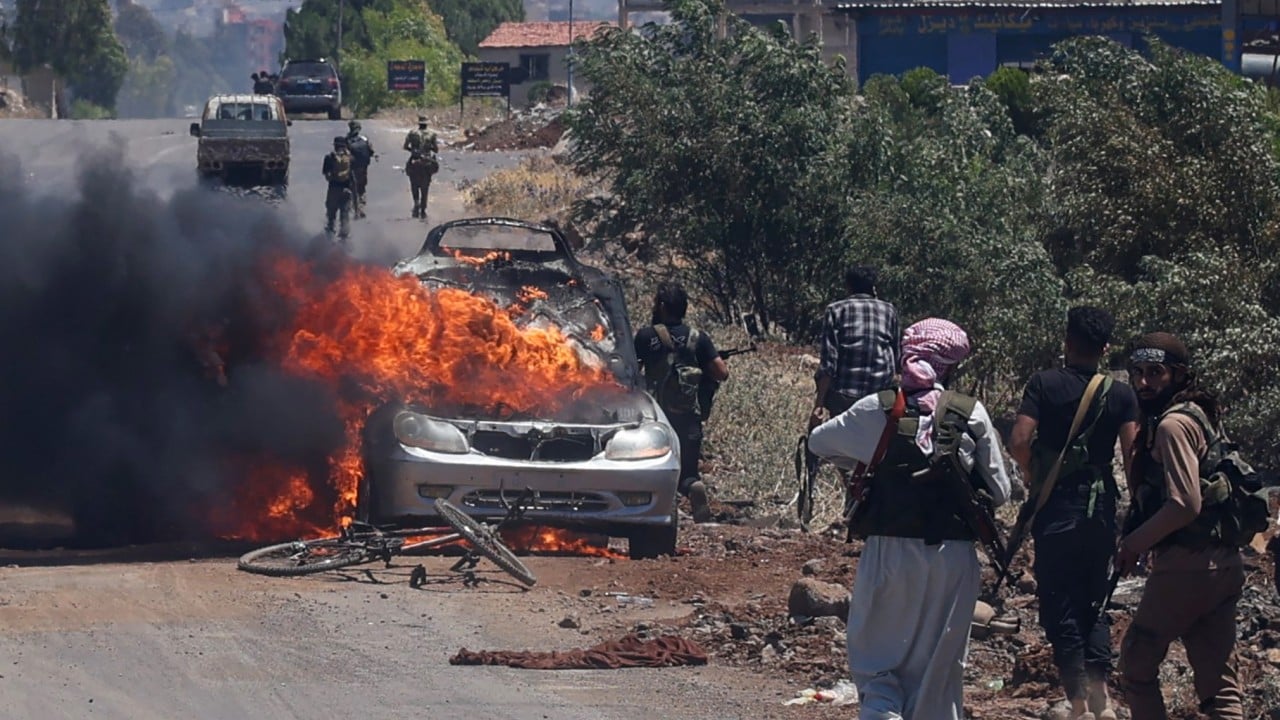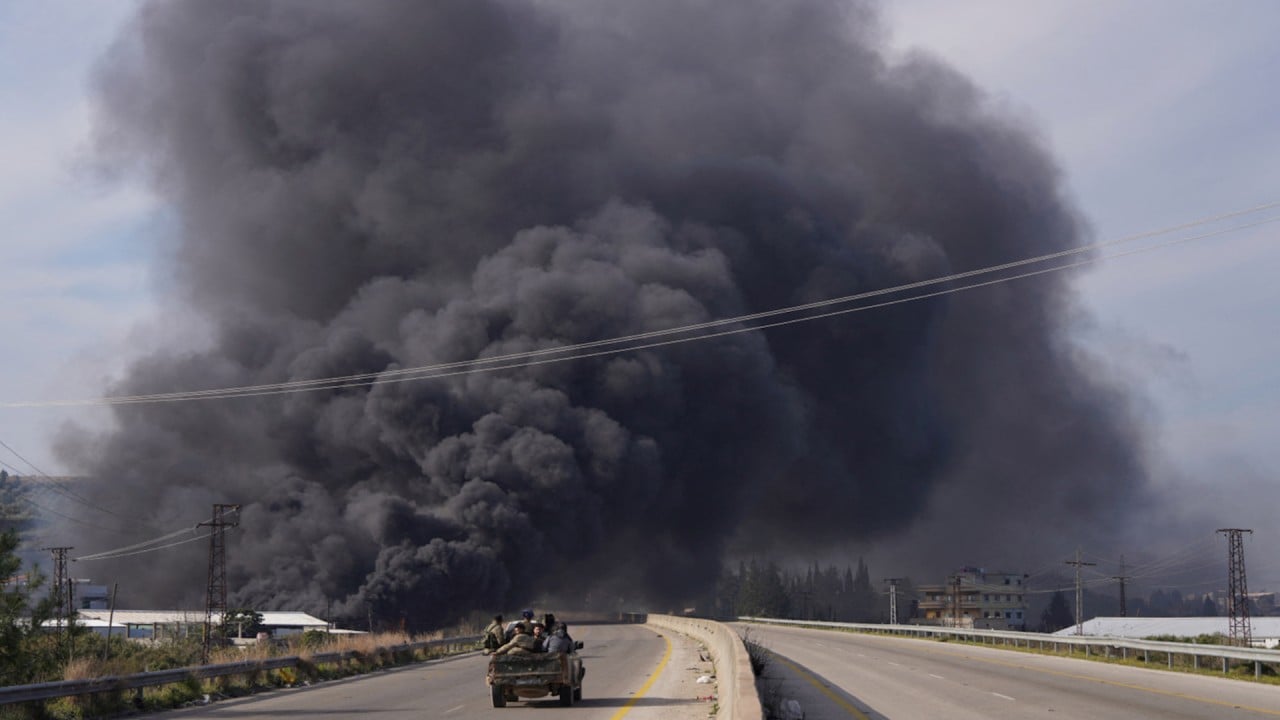As Syria approaches a watershed moment in its post-war transition, the country’s fragile peace is being tested by renewed diplomatic manoeuvres, sectarian violence and a deepening humanitarian crisis.
Advertisement
The latest round of Western and Arab mediation comes a full 14 years since the outbreak of civil war and follows sectarian clashes in mid-July that left 1,400 dead in the southwestern Sweida region, highlighting the urgent need to preserve Syria’s territorial integrity from the designs of avaricious neighbouring states.
Formed in March mere months after the ousting of long-ruling dictator Bashar al-Assad, Syria’s fledgling government now finds itself increasingly at odds with large minority groups – Druze in the southwest, Kurds in the northeast and Alawites along the coastal northwest – contesting its insistence on retaining a centralised constitutional structure.
Against this backdrop, indirect parliamentary elections, slated for September 15–20 and announced on Monday, were “a small but important step” towards expanding Syria’s political process to include all its ethnic minorities, said Mona Yacoubian, director of the Centre for Strategic and International Studies think tank’s Middle East programme.
Yacoubian stressed that it would be “critical that this vote makes some progress towards genuine inclusion and buy-in from Syria’s many minorities”, following the deadly confrontations between government forces and Druze militias in Sweida from July 13-19, as well as a similar outbreak of violence with Alawite communities in March that claimed some 1,100 lives.
Advertisement


